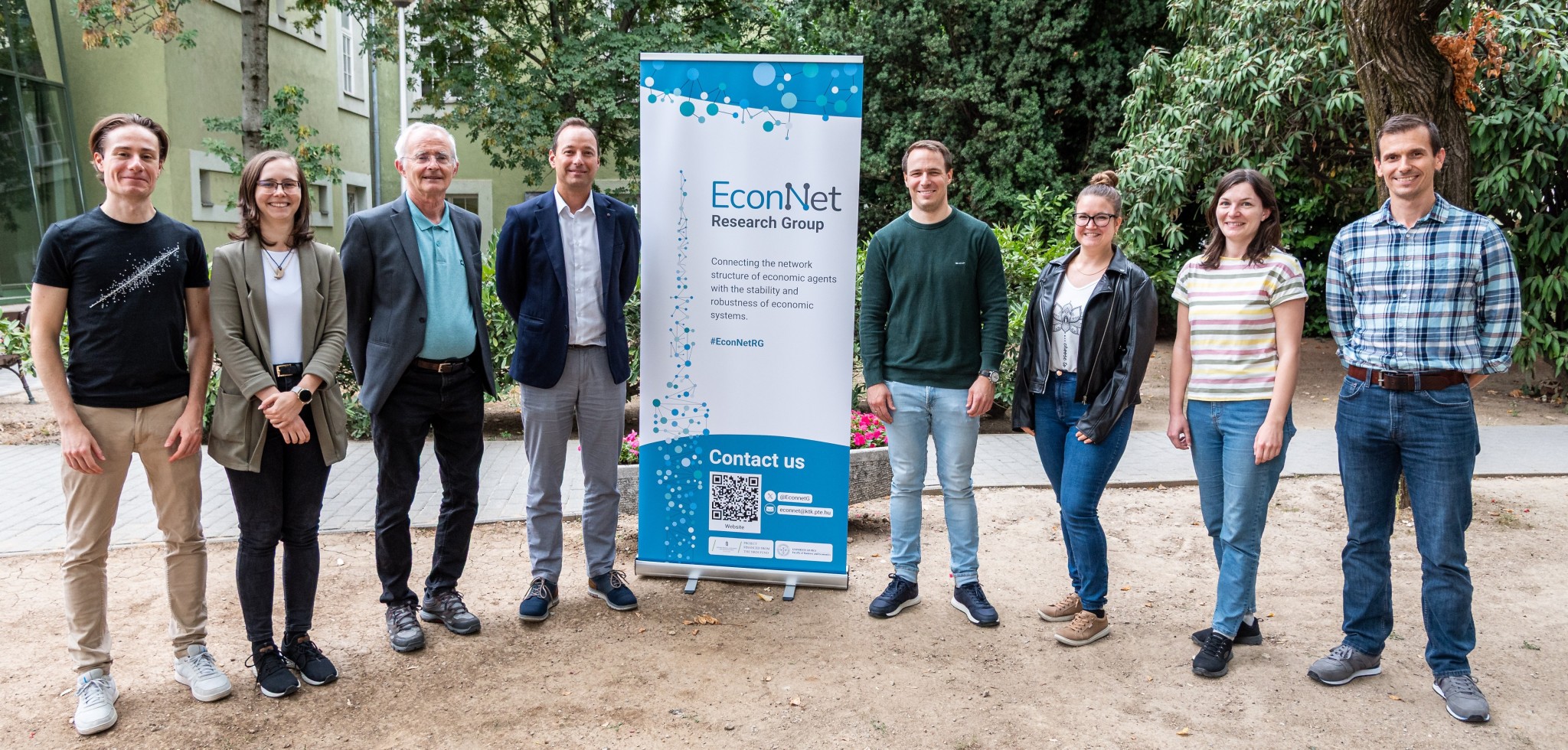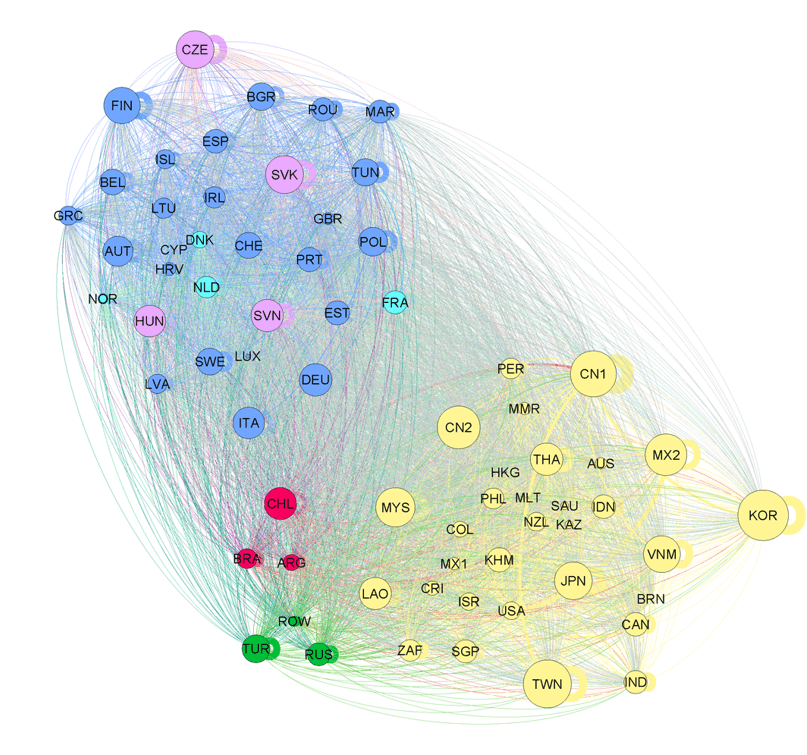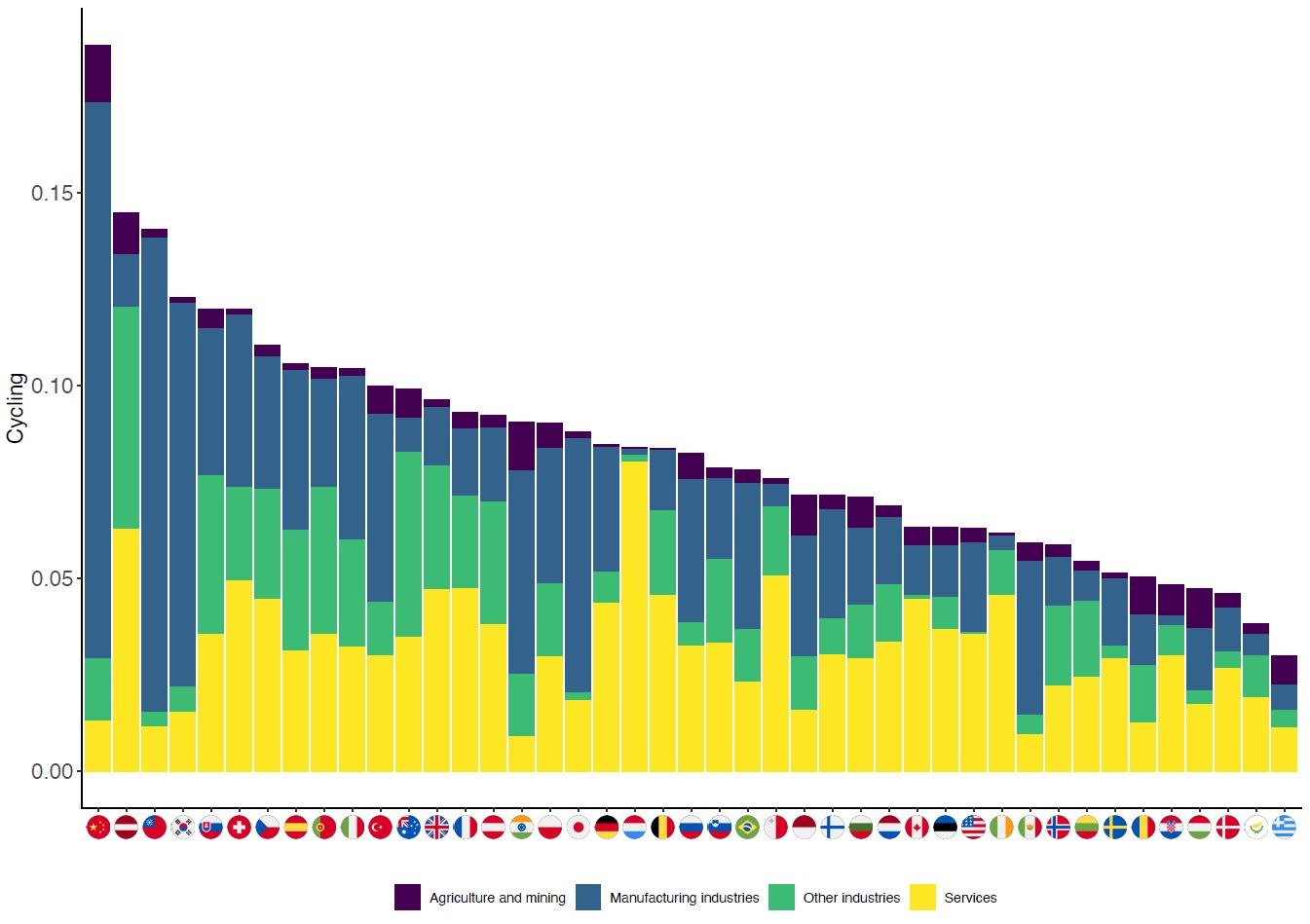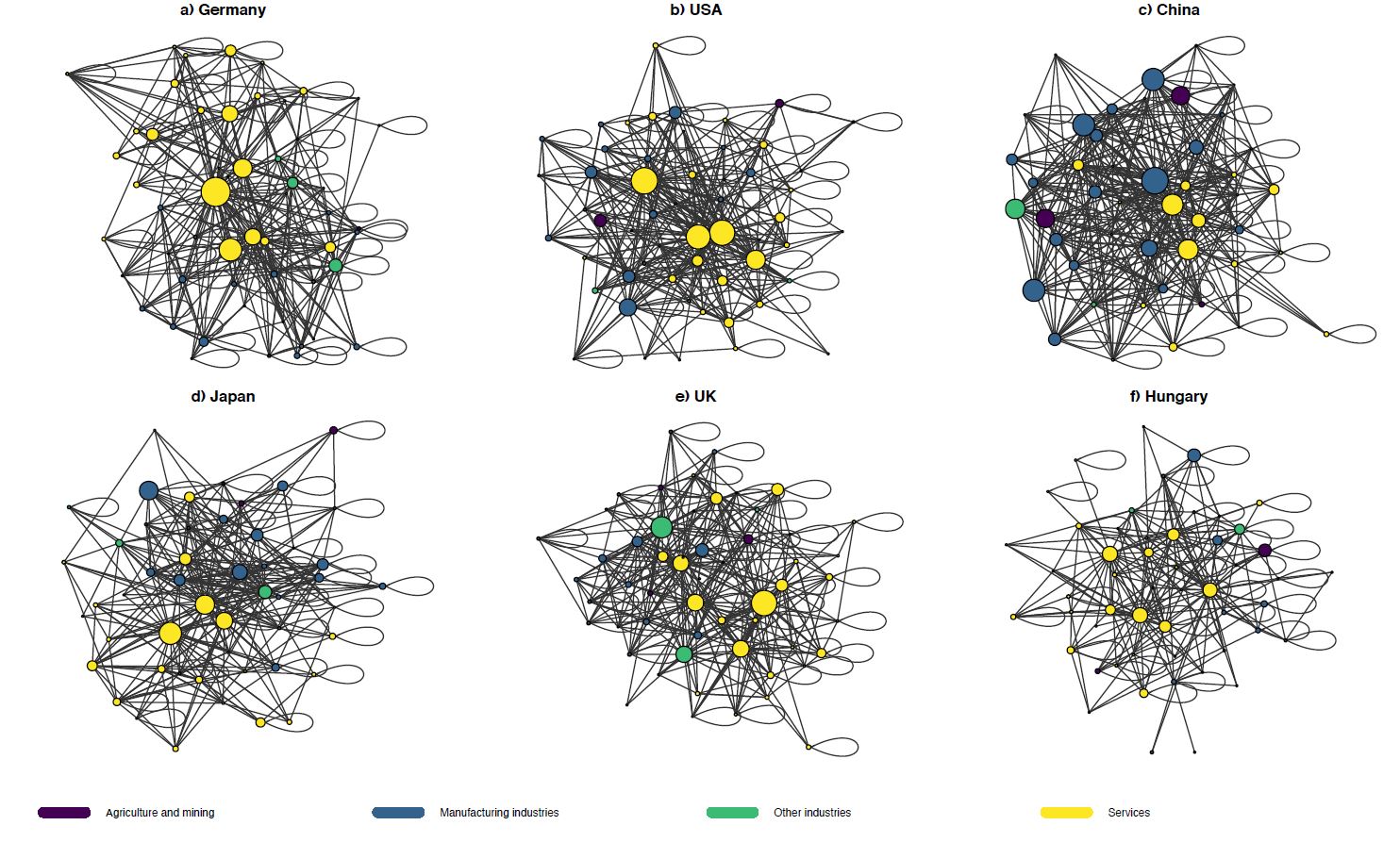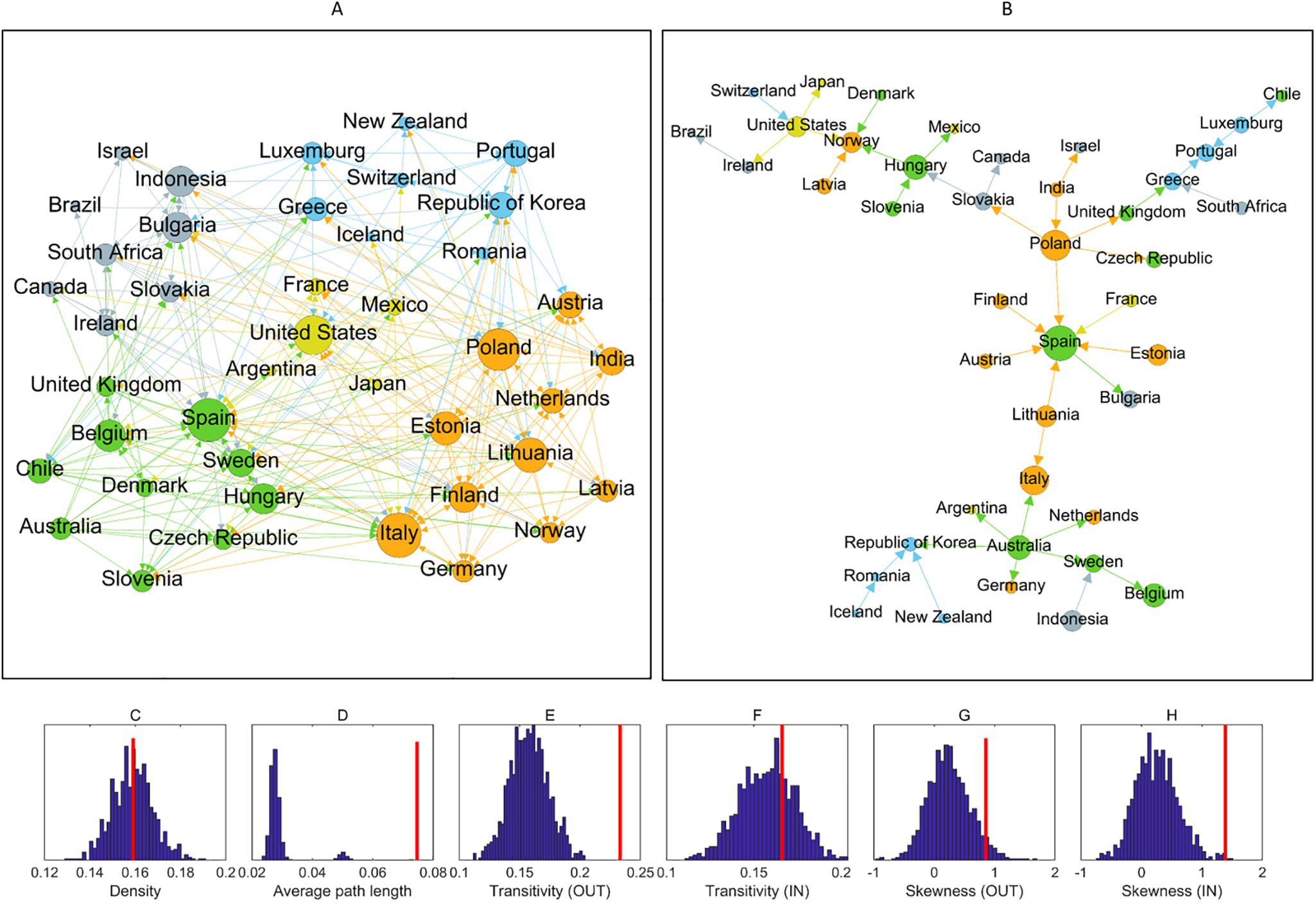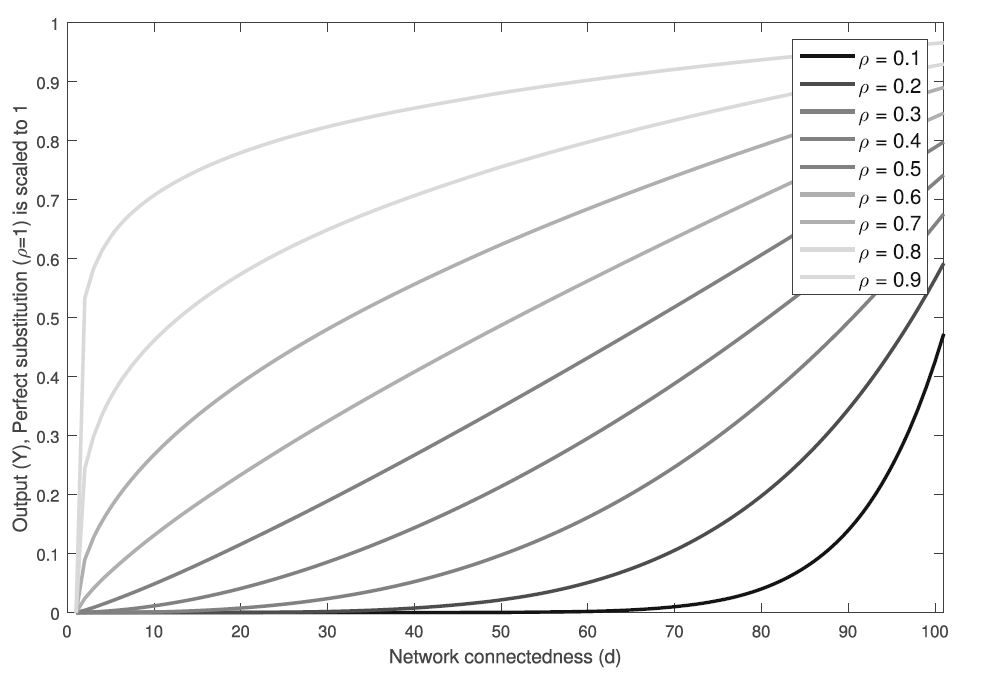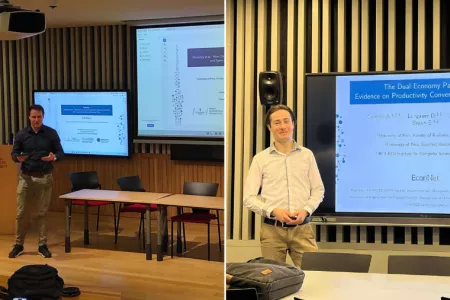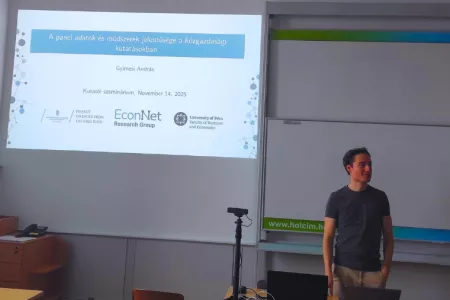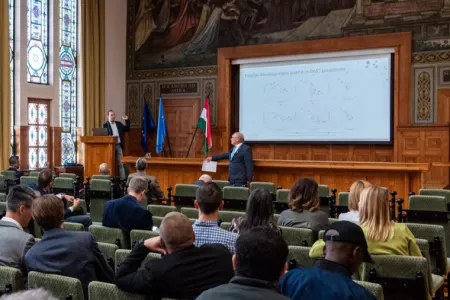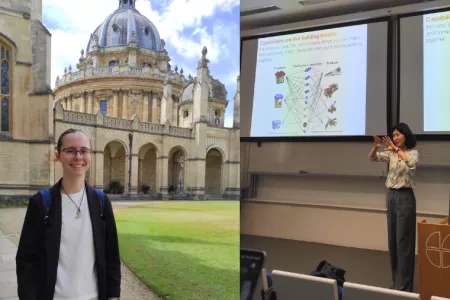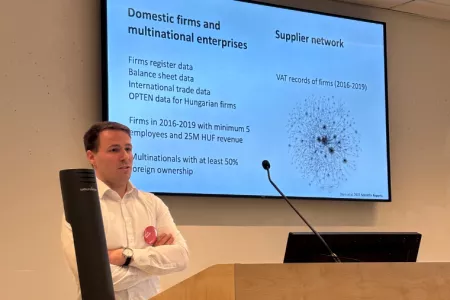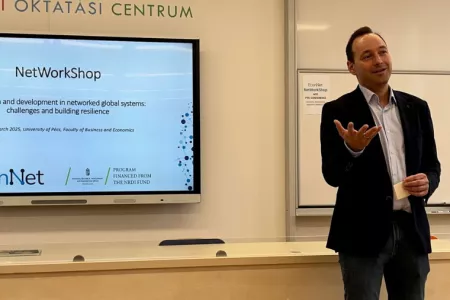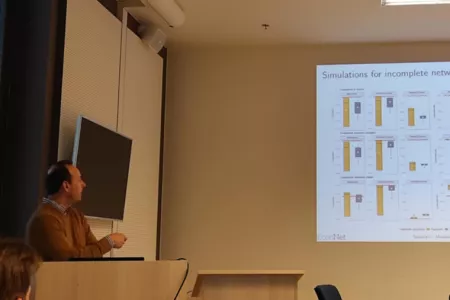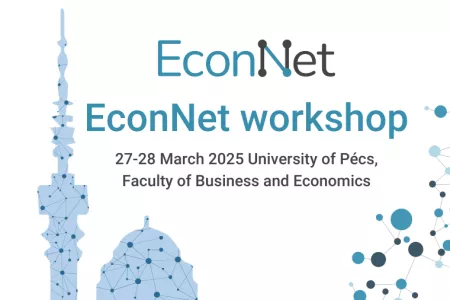A Pécsi Tudományegyetem Közgazdaságtudományi Karán 2016-ban alakult meg az EconNet kutatócsoport, amely a gazdasági hálózatok különböző aspektusait kutatja, elsősorban a gazdasági szereplők hálózati struktúrájának a gazdasági rendszerek stabilitásával és robusztusságával való összekapcsolása terén. Sebestyén Tamás, a csoport vezetője 2011-ben védte meg PhD fokozatát ugyanebben a témában. Később több kutatót is sikerült megnyerni a kutatáshoz való csatlakozásra, így a tevékenységek szervezett kutatói és tevékenységi körré fejlődtek, a későbbiekben egyre nagyobb beágyazottságot és pénzgyűjtési képességet nyerve. A csapat formai vonatkozásait 2016-ban az Új Nemzeti Kiválóság Program keretében elnyert támogatás alapozta meg, majd a Pécsi Tudományegyetem Tehetségpontjában elnyert támogatás tette lehetővé, hogy a tevékenységeket kutatócsoportként szervezzék meg, 6 fővel. Ezt követően a Felsőoktatási Intézményi Kiválósági Program és a Kutatási Területi Kiválósági Program (mindkettő a PTE KTK-n fut) biztosított forrást a kutatócsoport számára, míg a 2021-es „OTKA” pályázat sikeres benyújtása 4 éves időtartamra jóval szélesebb pénzügyi hátteret eredményezett, megnyitva a lehetőséget a hosszú távú tervezésre a csapat számára. Program nyelve: angol.
People
Cooperating partners
Projects
Vulnerability, specialisation and development pathways in global value chains
The research provides a comprehensive understanding of the dual economic structure and its implications for development and resilience. By identifying successful development pathways and the conditions that enhance resilience, the project will provide valuable guidance to policymakers navigating the complexities of globalization and economic integration.
This project, no. ADVANCED 150070 has been implemented with the support provided by the Ministry of Innovation and Technology of Hungary from the National Research, Development and Innovation Fund, financed under the ADVANCED_24 funding scheme.
Risks, efficiency and development in global and national production networks
Empirical and theoretical aspects of the structure of global and national value chains
Economic networks behind macroeconomic phenomena
The role of network structure in the stability of economic activity
Publications
Highlights
Kiss, T., Braun, E., & Sebestyén, T. (2025). Production network structure, specialization and unemployment: Measuring the structural resilience of national economies. STRUCTURAL CHANGE AND ECONOMIC DYNAMICS, 72, 11-28. https://doi.org/10.1016/j.strueco.2024.11.009
Braun, E., Braun, E., Gyimesi, A., Iloskics, Z. & Sebestyén, T. (2023). Exposure to trade disruptions in case of the Russia–Ukraine conflict: A product network approach. THE WORLD ECONOMY, 46(10), 2950-2982. https://doi.org/10.1111/twec.13417
Iloskics, Z., Sebestyén, T., & Braun, E. (2021). Shock propagation channels behind the global economic contagion network. The role of economic sectors and the direction of trade. PLOS ONE, 16(10). http://doi.org/10.1371/journal.pone.0258309
Sebestyén, T., & Iloskics, Z. (2020). Do economic shocks spread randomly?: A topological study of the global contagion network. PLOS ONE, 15(9), e0238626. http://doi.org/10.1371/journal.pone.0238626

